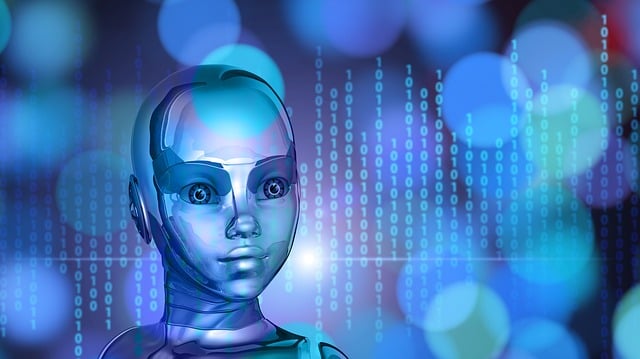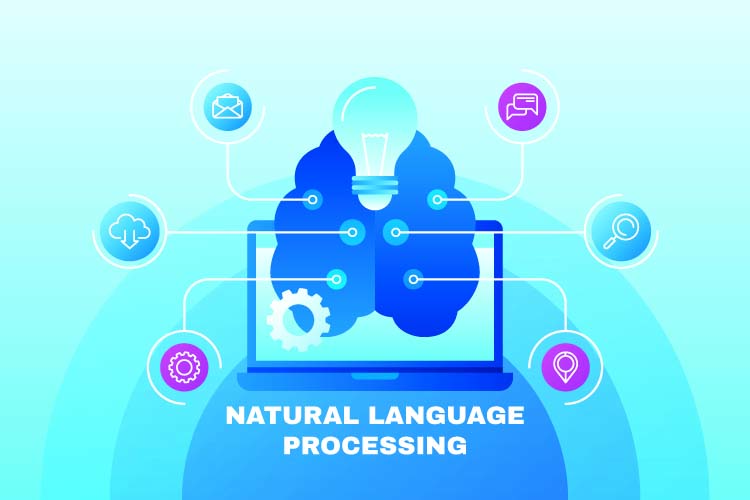Artificial Intelligence (AI) has undoubtedly transformed the way we live, work, and interact with technology. From self-driving cars to personalized recommendations, AI has brought about remarkable advancements. However, behind the facade of convenience and innovation lies an inconvenient truth that demands our attention: the ethical and societal implications of AI.
1. Bias Amplification
AI systems learn from data, and if the data contains biases, those biases can be amplified in the AI’s decisions. This can perpetuate existing prejudices and discrimination in various applications, from hiring processes to criminal justice systems. Addressing bias in AI is not only a technical challenge but a moral imperative to ensure fairness and equal opportunities.
2. Job Displacement
As AI automates certain tasks and processes, concerns arise about job displacement. While AI can enhance productivity, it also has the potential to render certain job roles obsolete. Striking a balance between technological advancement and workforce stability is a challenge that requires proactive solutions such as reskilling and upskilling programs.
3. Privacy and Surveillance
AI’s ability to analyze vast amounts of data raises concerns about privacy and surveillance. From facial recognition to data mining, the omnipresence of AI-driven surveillance systems has ignited debates about individual rights and personal freedoms. Stricter regulations and transparent data usage practices are essential to safeguard privacy in an AI-driven world.
4. Autonomy and Accountability
The rise of autonomous AI systems, such as self-driving cars and drones, prompts critical questions about accountability in case of accidents or errors. Determining who is responsible when AI makes decisions independently is a legal and ethical puzzle that requires careful consideration and regulatory frameworks.
5. Creativity and Authenticity
AI-generated content, including art, music, and written works, challenges notions of creativity and authenticity. While AI can mimic human-like creations, the question of whether it truly possesses creativity remains contentious. As AI blurs the lines between human and machine creations, it raises philosophical questions about the essence of human expression.
6. Dependence and Vulnerability
Relying heavily on AI systems can make societies vulnerable to technological failures and cyberattacks. A complete dependence on AI for critical infrastructure or decision-making may lead to catastrophic consequences if these systems are compromised. Developing robust backup plans and security measures is crucial to mitigate potential risks.
In confronting the inconvenient truth about AI, it’s imperative that we address these challenges head-on. The path forward involves interdisciplinary collaboration among technologists, ethicists, policymakers, and the wider public. Striking a balance between innovation and responsibility will require open dialogue, ethical guidelines, and continuous evaluation of AI systems to ensure they align with our societal values.
As we continue to embrace AI’s potential, let us also acknowledge its limitations and ethical complexities. By confronting the inconvenient truth, we pave the way for a future where AI augments our lives while respecting our shared humanity and upholding the principles that shape our societies.




